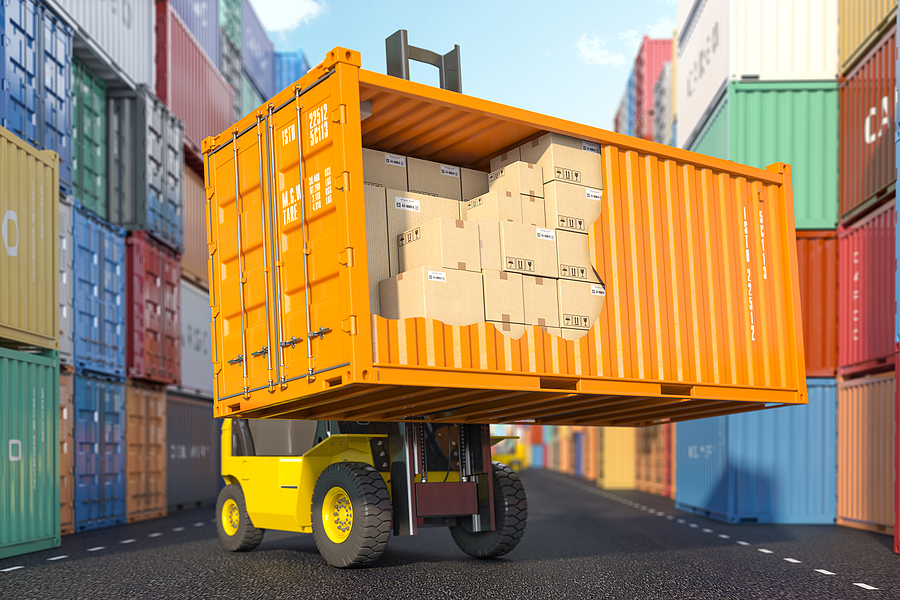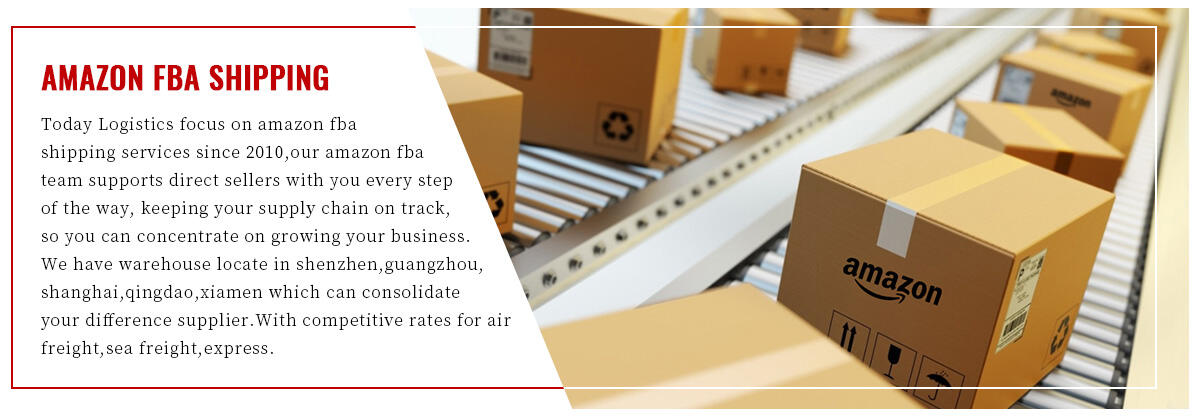intermodālā loģistika
Intermodālā loģistika pārstāv sofistikētu pieeju modernai kravu pārvadāšanai, kas neatņemti integrē vairākas pārvadāšanas veidus, tostarp dzelzceļa, ceļu, jūras un gaisa. Šis visaptverošais sistēmas apjoms ļauj pārvietot kravas standartizētās konteineros, neprasa pašu kravu apstrādes, mainot pārvadāšanas veidus. Tajā sirdī intermodālā loģistika izmanto uzlabotās sekotspējas tehnoloģijas, automatizētu apstrādes iekārtas un sofistikētas pārvaldības sistēmas, lai nodrošinātu efektīvu kravu pārvietošanu. Sistēma izmanto standartizētus konteinerus, kuros var viegli pārnest no dažādiem transporta platformām, aprīkoti reāllaiku sekotspējas iespējām un intelligentiem senzoriem kravu stāvokļa novērošanai. Šie konteineri ir dizainēti, lai būtu saderīgi ar dažādiem transporta platformām, no kamioniem un dzelzceļa vilcienu līdz kuģiem un lidmašīnām, ļaujot vieglu pāreju starp dažādiem ceļojuma posmiem. Mūsdienu intermodālās loģistikas objekti ietver automatizētas kranu sistēmas, uzlabotas sirtēšanas mehānismus un digitālas pārvaldības platformas, kas koordinē sarežģītus pārvietojumus un grafikus. Tehnoloģijā tiek izmantoti uzlaboti grafiku plānošanas algoritmi, maršruta optimizācijas programmatūra un prognozēšanas analītikas rīki, kas palīdz paredzēt un novērst potenciālos traucējumus. Šī integrētā pieeja ir revolucionāri mainījusi globālos piegādes ķēdes, piedāvājot neatklātu elastību, uzticamību un efektivitāti kravu pārvadāšanā.


